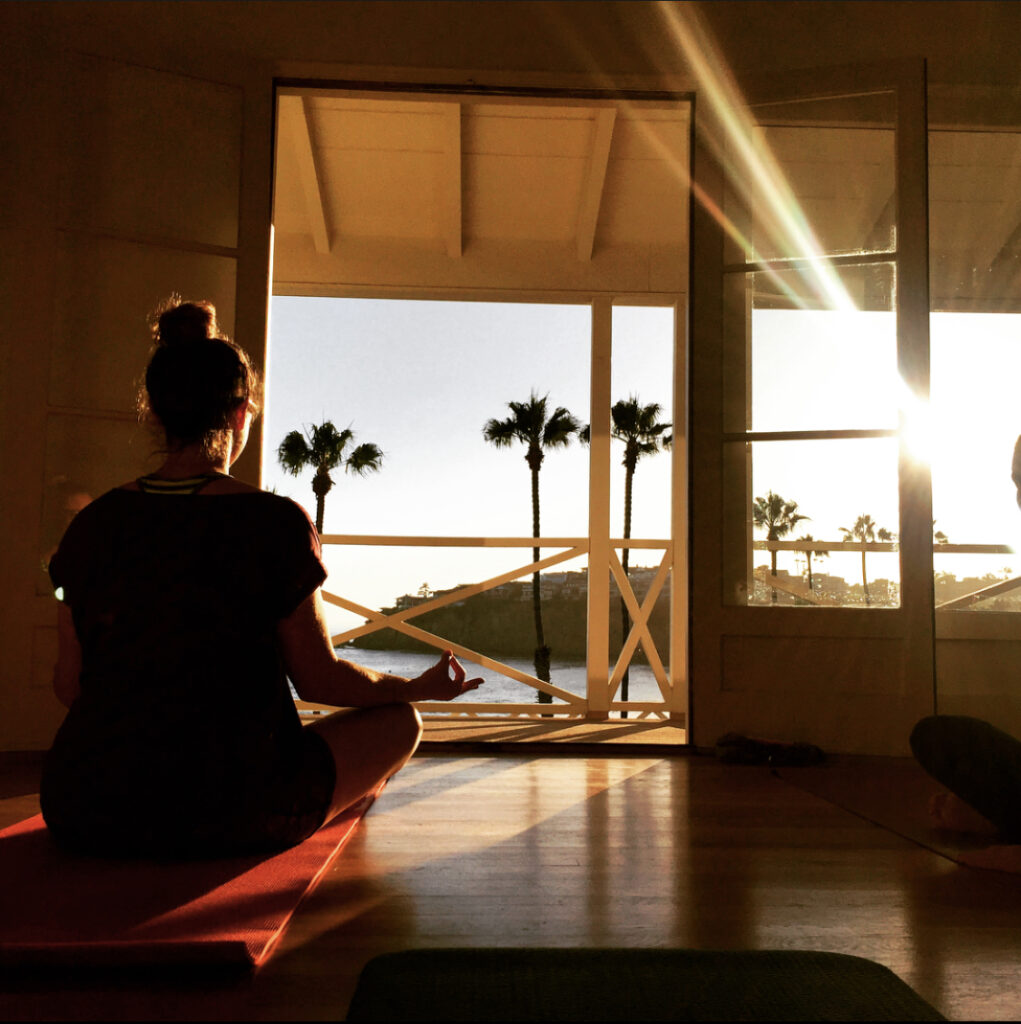
Yoga retreats offer a unique opportunity to escape the hustle and bustle of daily life and immerse oneself in a tranquil and rejuvenating experience.
These retreats provide participants with a chance to deepen their yoga practice, connect with like-minded individuals, and find inner peace.
If you’re considering attending a yoga retreat for the first time, here’s what you can expect from this transformative journey.
Immersive Yoga Practice
At the heart of any yoga retreat lies the daily practice of yoga. Expect to indulge in multiple sessions of various yoga styles, ranging from Hatha and Vinyasa to Kundalini and Yin. Seasoned instructors will guide you through each session, focusing on proper alignment, breathing techniques, and mindfulness. Whether you’re a beginner or an experienced yogi, you’ll find classes catered to your skill level.
Serene and Scenic Location
Yoga retreats are typically held in picturesque locations, often surrounded by nature’s beauty. You might find yourself nestled in the mountains, near the ocean, or in a tranquil forest setting. The serene ambiance enhances the experience, helping you disconnect from everyday stress and distractions, and fostering a sense of tranquility and harmony with the environment.
Mindfulness and Meditation
Beyond the physical aspects of yoga, retreats emphasize mindfulness and meditation. Practice mindfulness throughout the day, savor each moment, and be fully present. You will likely take part in guided meditation sessions. Meditation will help you quiet your mind, reduce anxiety, and foster a deeper connection with yourself.
Delicious and Nourishing Cuisine
Most yoga retreats prioritize healthy and nourishing cuisine to support the participants’ well-being. Expect to enjoy delicious vegetarian or vegan meals, often made from locally sourced and organic ingredients. Meals are usually served in a communal setting, providing an opportunity to bond with fellow attendees over shared food experiences.
Community and Connection
Yoga retreats foster a strong sense of community and camaraderie among participants. As you embark on this journey with like-minded individuals, you’ll likely form meaningful connections and build lasting friendships. The supportive and inclusive environment allows you to be yourself and embrace personal growth without judgment.
Free Time for Relaxation and Exploration
While the retreat schedule may be structured, there is also designated free time for relaxation and personal exploration. You can use this time to read a book, take a leisurely stroll, or simply sit in quiet contemplation. Additionally, some retreats may offer excursions to nearby attractions, giving you the chance to explore the local culture and natural beauty.
Emotional Release and Healing
Yoga retreats often provide a safe space for emotional release and healing. The combination of yoga, mindfulness, and a nurturing environment can help participants process emotions, release tension, and find inner peace. Many attendees report feeling more centered, emotionally balanced, and empowered after their retreat experience.
Attending a yoga retreat is a transformative journey that offers a unique opportunity to rejuvenate your mind, body, and soul. With immersive yoga practices, serene surroundings, mindful meditation, nourishing cuisine, and a supportive community, these retreats provide an enriching experience. Expect to return home with a renewed sense of self, a deeper understanding of yoga, and a profound connection to your inner being. If you’re ready to embark on a journey of self-discovery and growth, a yoga retreat may be just what your soul needs.








